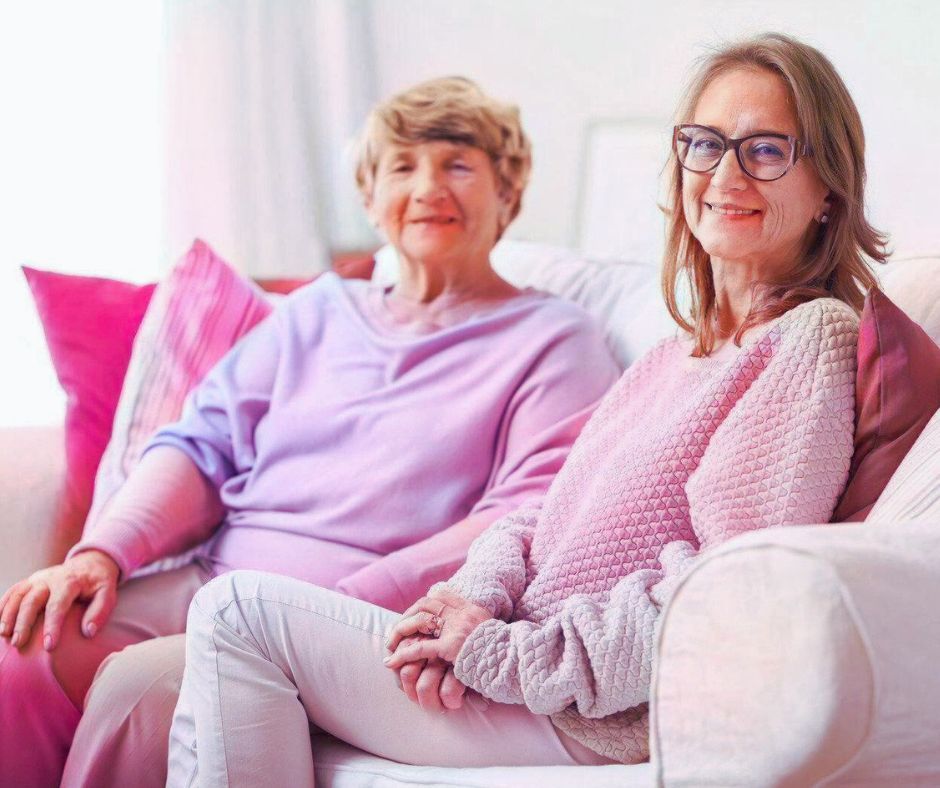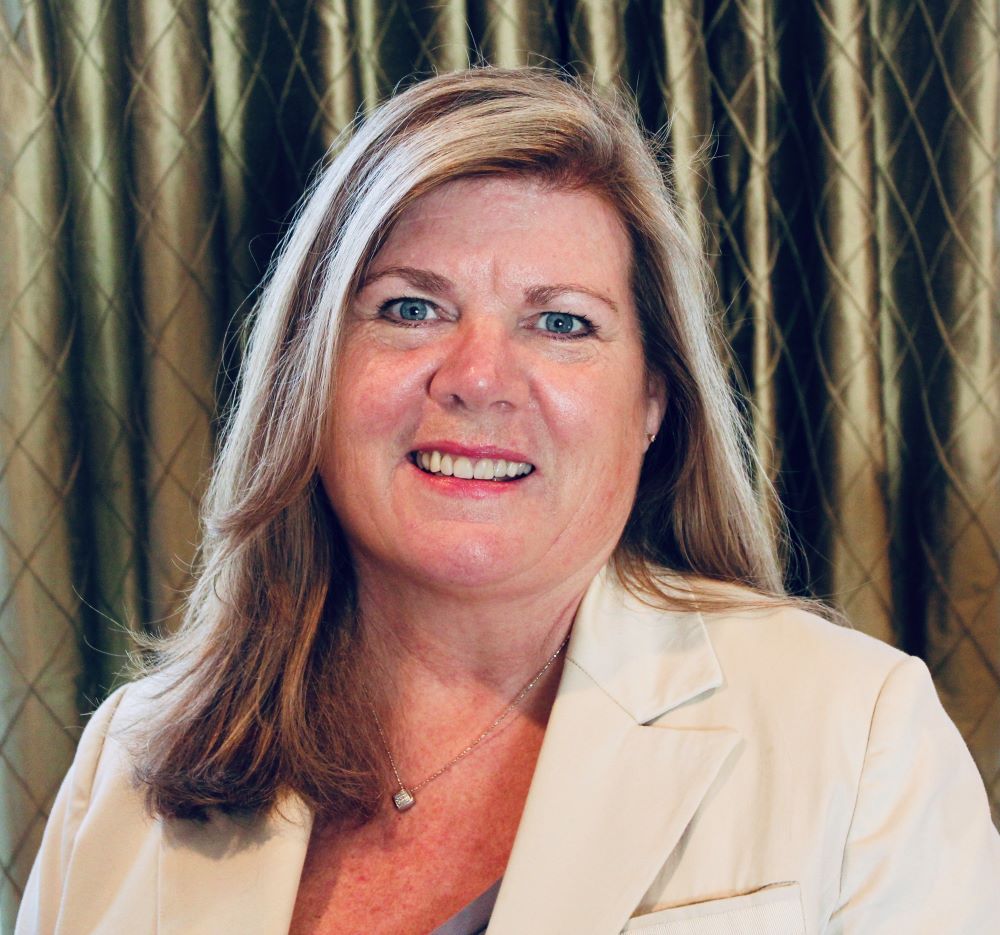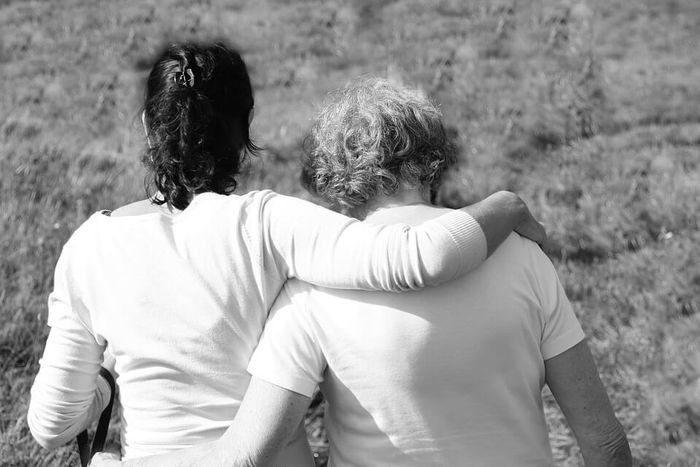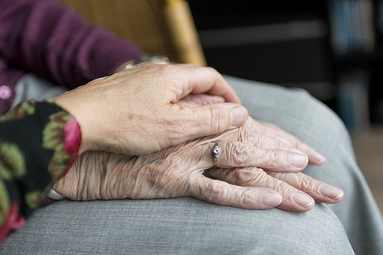Caregiving from a Distance: The Navigation of Guilt and Logistics
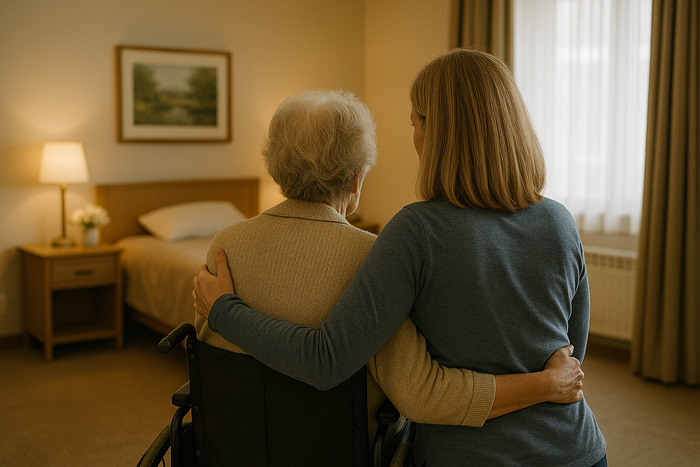
The phone call came on a Sunday afternoon. The staff at my mother's retirement residence—eight hours away from where my husband and I live—were calling to let me know they were about to call an ambulance.
As I sat processing this news, I faced the familiar dilemma that haunts distant caregivers: Should we get on a plane immediately? How serious was this? Without family nearby to assess the situation firsthand, every medical incident becomes a guessing game wrapped in anxiety.
Fortunately, Mom was back at her residence the next day—it turned out to be nothing she needed to be hospitalized for. But those sleepless hours reminded me once again of the unique challenges that come with caring for a loved one from far away.
The Distance Dilemma: Why We Chose Her Community Over Ours
My mother was deeply connected to her community—friends who would visit, familiar surroundings, and a social network that she had (and continued to be) active in for many years.
When my father passed away a few years ago, my mother was diagnosed with dementia shortly after. But her Doctor didn't deem her incapacitated to live independently. My mother loved her home and community and was completely against making any changes to her living arrangements. So as much as we would have liked to have influenced my mother's decision on where or how she should live, our hands were tied.
As difficult as this was, we needed to respect her rights to choose and as the social worker advised us, also respect her acceptance of risk. So with much trepidation, we left her living independently in her home.
The Hardest Part: Timing and Respecting Autonomy
But over time, this created our most difficult challenge: watching her living conditions deteriorate while feeling powerless to intervene. We tried repeatedly to get her to accept help or consider moving. We even spoke with numerous authorities - social workers, doctors, police and lawyers but given there were no reported incidents to demonstrate that my mom was incapable of living independently we had no option but to try and provide support as best we could given these limitations from a distance.
We had to continue to respect her rights and wishes - even though we knew her living situation was declining.
The only way this worked out without any major incidents was because of the exceptional support my mother received through their longtime friends in their community. They would visit her regularly, attend medical appointments with her when needed, and served as our eyes and ears as best they could.
For families without this built-in network and trying to care from a distance, I couldn't imagine my mother having succeeded as long as she did without this support. I'd recommend reaching out to local senior services, homecare services or even hiring a geriatric care manager who can provide on-site support. Without it, I don't know how we would have ever made it through.
The breakthrough for my mother's decision to move finally came when felt that we had to give her an ultimatum. We believed that it had now become a significant risk for her to continue living independently so we told her she would either have to accept 24-hour homecare, move into a residence or move closer to us because there were now significant concerns for her health and well being. Only then were we able to convince her to accept a change.
When my father was alive, both my parents had toured a local residence and really liked it. My mother had said at the time, that should they ever need to move to a care home, this is where they would want to live. My mother confirmed that this is where she wanted to live as she wanted to stay living in her community.
We did want to move my mother closer to us, but she was having no part of moving out of the community she had lived in for years. Given that she was at least willing to now at accept some support, we moved her into the residence she had agreed to.
For other families facing this challenge, I'd suggest being prepared for this moment and possibly getting support in how to have this conversation. This was not an easy discussion. Fortunately, it turned out well for us but in retorscpect, it could have just have easily gone in a direction that would not have been good for anyone.
Building Your Support Network from Afar
Once my mom moved into the retirement residence, we had to develop systems to stay connected and ensure she received proper care. I am delighted to share that the staff at her residence have been excellent. They know my mom well and understand her needs. I check in with them weekly to see how she's doing, and they've become invaluable partners in her care.
We've also been fortunate to have continued exceptional support through my parents' longtime friends. They continue to visit and support my mom in her new living environment and provide us with updates.
I also stay in regular contact with my mom's onsite doctor, which has been crucial for managing her medical care from a distance. Having a single point of contact who knows her well makes all the difference during health crises.
Managing the Emotional Toll
It hasn't been all roses though. The settling-in period was extremely difficult for us all. Once moved in, my mom's dementia seemed to worsen (which I learned is understandable whenever there is a major life disruption) and she constantly wanted to leave the residence and "go home".
In the first couple of weeks, we received distressed calls from her regularly. The guilt of not being there to comfort her in person was overwhelming. What helped us get through this period was remembering why we'd made this choice—her long-term wellbeing in a familiar community—and that the staff had experience in knowing how to support her through this transition.
The calls eventually subsided and we know that my mom is now content. She's involved in the daily activities, has regular visitors and seems to be happy with her new living arrangement. We feel comfort in knowing that she is now getting her medications, her health is monitored, she has balanced meals and comfortable living conditions.
The anxiety around medical emergencies remains our biggest challenge. Not being able to physically see my mom or assess situations firsthand means living with constant uncertainty. We've learned to trust the people that care for her and rely on our amazing support through a strong friend network.
The Ongoing Journey
Caring for someone with dementia from a distance means accepting that you can't control everything. There will be medical scares, difficult transitions, and moments when you question every decision you've made. But there will also be successful check-ins, visits from friends, and the knowledge that your loved one is in a place where they feel connected and cared for.
The key is building a strong support network, developing clear communication systems, and remembering that perfect isn't the goal—providing the best possible care within your circumstances is. Sometimes that means accepting that what's easier for you as the caregiver might not be what your loved one wants.
For other families facing this challenge, my advice is to start building your support network before you need it, honor your loved one's previously expressed wishes when possible, and be prepared for the timing dilemma—knowing when to step in despite their resistance. Most importantly, remember that caring from a distance is still caring, and love doesn't require proximity to be meaningful.
The scary phone calls will still come, and the anxiety will still be there. But with the right systems in place and a community of support, we are confident that we can navigate this journey while ensuring my mother will receive the care she needs living in the place she wants to be.
Related content
Empowering Yourself Financially: Importance of Financial Literacy for Women
